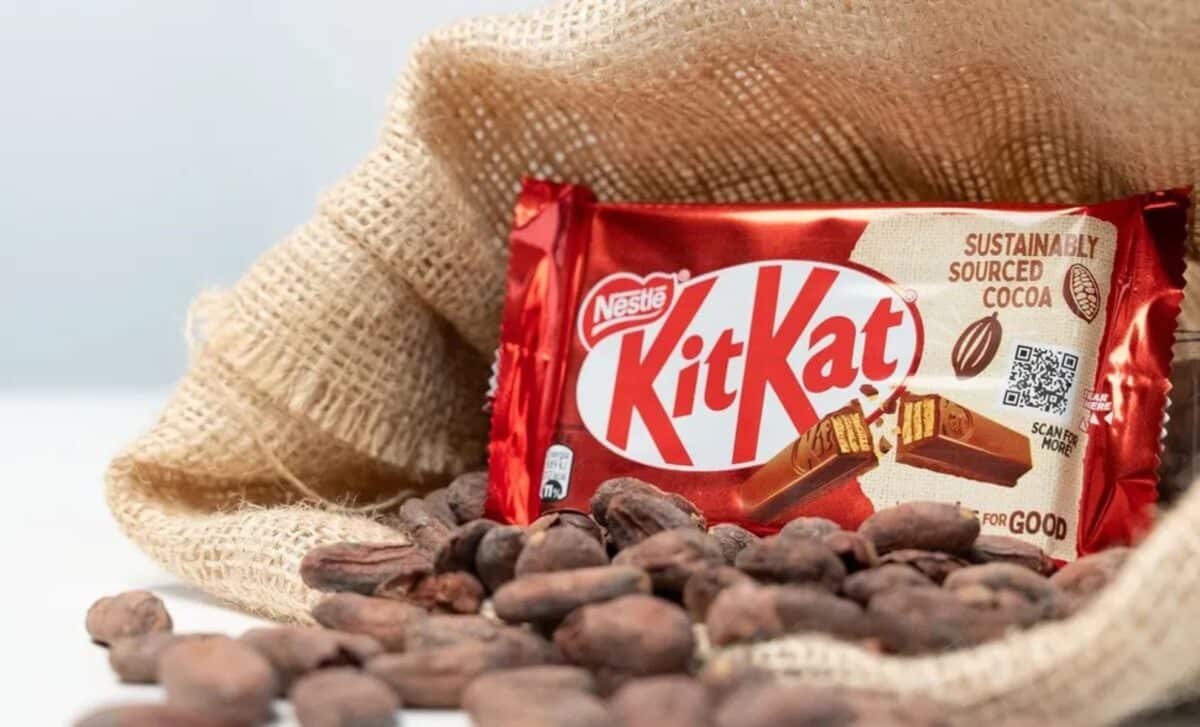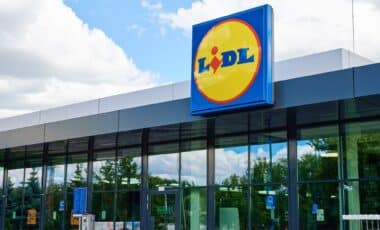Nestlé has announced significant price increases across its product range, including iconic brands like KitKat and Nespresso, as the company grapples with rising commodity costs. The Swiss multinational reported a 2.1% overall price rise in the first quarter of 2025, with some markets facing double-digit hikes.
These price adjustments were implemented to manage the surging costs of coffee beans and cocoa, which have been heavily impacted by global supply chain issues.
Despite the sharp rise in prices, Nestlé saw stronger-than-expected sales growth. The company achieved a 2.8% increase in sales during the first quarter, primarily driven by the higher prices, though sales volumes grew by only 0.7%.
The firm remains confident that its strategy will continue to deliver strong results, despite growing concerns about economic uncertainty and global tariffs.
Price Increases Amid Rising Commodity Costs
Nestlé’s recent price hikes come as part of the company’s response to soaring commodity prices for key ingredients such as cocoa and coffee beans.
According to Nestlé’s first-quarter report, the price adjustments were essential to protect margins as these essential inputs became significantly more expensive. In certain markets, the price hikes were particularly steep, reaching double-digit increases.
The company has made it clear that while the price rises were substantial, they have faced limited disruption to customer demand. Nestlé’s CEO, Laurent Freixe, acknowledged that the initial impact on consumer behaviour was significant, but stated that it has since begun to stabilise.
He explained that both “consumer behaviour and the competitive environment” are adjusting and stabilising, suggesting that the long-term effects of the price increases may not be as pronounced as initially anticipated.
Global Economic Uncertainty and Tariff Risks
Nestlé’s CEO also addressed the broader economic context in which these price increases are taking place. Freixe noted that the company is navigating a complex environment marked by heightened macroeconomic and consumer uncertainty.
Global tariffs, he cautioned, present an unclear risk to the business, as their full impact has yet to be realised. The firm, however, remains optimistic and is sticking to its full-year guidance, citing their ability to adapt to changing conditions.
As the global market for goods like coffee and chocolate faces mounting pressure, Nestlé appears confident that its pricing strategy will continue to drive growth.









